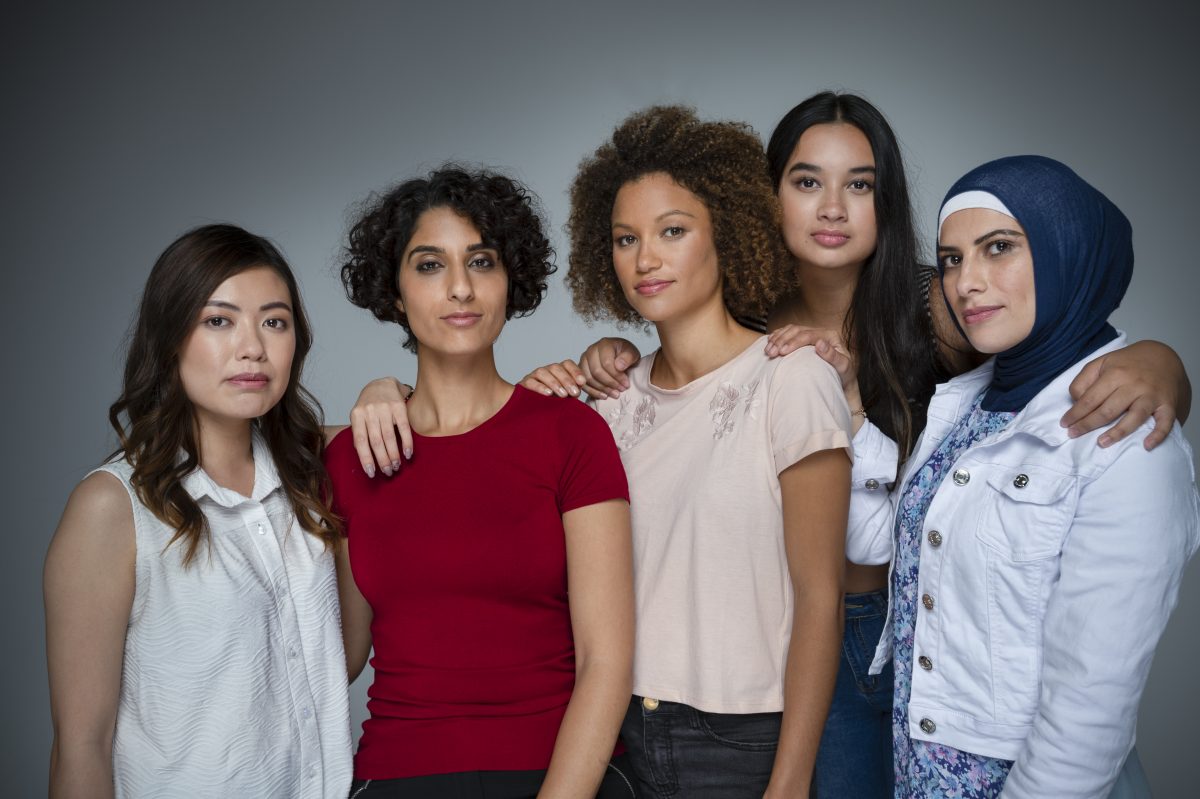Abortion rights, women of color, and LGBTQIA+ people are under attack. Pledge to join us in fighting for gender justice.
NWLC Celebrates Introduction of Groundbreaking Equality Act
(Washington, D.C.) Today, the Equality Act is set to be introduced in Congress, with bipartisan support in both the House of Representatives and the Senate. The Equality Act would provide protections for LGBTQ people across the country including by:
- Providing consistent and explicit non-discrimination protections across key areas of life, including employment, housing, credit, education, public spaces and services, federally funded programs, and jury service;
- Amending existing civil rights law to explicitly define sex discrimination to include sexual orientation and gender identity as protected characteristics;
- Prohibiting discrimination in public spaces and services and federally funded programs on the basis of sex;
- Updating the public spaces and services covered in current law to include retail stores, services such as banks and legal services, and transportation services;
- Making clear that the Religious Freedom Restoration Act (RFRA) cannot be used to get out of these critical non-discrimination protections.
The following is a statement by Fatima Goss Graves, President and CEO of the National Women’s Law Center (NWLC):
“The Equality Act makes clear what we know and what courts have recognized: discrimination based on sexual orientation and/or gender identity is sex discrimination – and it’s illegal. This critical legislation also closes longstanding gaps in civil rights law by adding new protections from discrimination on the basis of sex. It also addresses the reality of people of color across the country who identify as LGBTQ, who deserve to have all of their lived experiences reflected in the law. The impact of the Equality Act would be inestimable. For a transgender woman who loses her job because of employer discrimination, or a child turned away from a doctor’s office because they have two parents of the same gender, or a woman being refused her birth control prescription at a local pharmacy, or for someone excluded from public places for choosing to breastfeed – there would now be a clear remedy. In the midst of the #MeToo movement, this legislation would also give new protections to survivors, from those facing inadequate responses from police departments to those facing harassment in restaurants or public transportation. The bottom line is this bill protects the civil rights of all people, and it’s vital and long overdue that it becomes law.”
###
For immediate release: March 13, 2019
Contact: Inés Rénique ([email protected])




